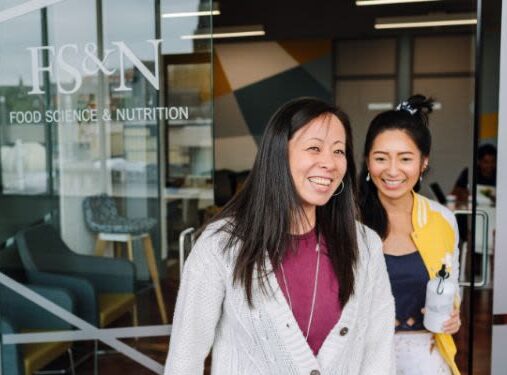Introduction
The threats of climate change, energy costs and rising populations mean we must urgently solve a key question. How can we feed a growing world sustainably, affordably and healthily? One answer could be alternative proteins.
Three quarters of the food we consume globally comes from just 12 plant and five animal sources, with just three crops accounting for 51 per cent of the calories included in the diet, according to the United Nations Food and Agriculture Organization (FAO). This narrow selection comes at a cost to animal and human health.
Finding new sources of nutrition may hold the key to improving global diets for centuries to come, so it’s no surprise that businesses are investing in them. In the decade up to the first half of 2023, the alternative protein industry raised a whopping $14.6 billion of investment – with 80 per cent of this money coming in the final three years alone.
But there are some huge stumbling blocks standing in the way of truly transformative change:
- How can we make products that truly emulate the taste and texture of meat to persuade people to swap (and stick)?
- How can we keep prices low and make products as nutritious as possible?
- How can we make better use of abundant but underutilised natural resources to put more food on plates in places in places where growing protein is difficult?
Overcoming these hurdles could reduce humanity’s reliance on traditional, animal-based sources of protein.
Consumers care about food texture, taste and added ingredients
Emulating the taste and texture of meat is not straightforward, but many brands are inviting people to compare meat-free products with meat on a like-for-like basis, because they market them as direct alternatives.

As a spokesperson for the Good Food Institute put it, “53 per cent of consumers agree that plant-based meat products should taste just like meat” – a different proposition to just achieving delicious grub on its own merits.
That desire, plus the fact that plant-based ‘meat’ can often be more expensive than the animal-derived original, has meant that sales of alternative protein products have stagnated more recently in challenging economic times.
In fact, meat alternatives were among the worst performing grocery categories of 2023, with sales volume declining by 4.2 per cent while meat generated £352.5m more purchases.
Put simply, curious shoppers seem to be trying meat-free burgers and meals a few times, but all too often not repeating the purchase.
It isn’t just taste, texture and cost, either. At a time when health warnings about the perils of ultra-processed food abound, there is also concern from some consumers about just how healthy a meal containing lots of additional ingredients they don’t recognise may be.
Fortunately, when it comes to tackling these challenges, scientists and researchers at the University of Leeds have big ambitions.
Across multiple departments, teams of leading experts are collaborating with commercial partners in industry to improve our eating experiences, develop more efficient ways of producing nutritious food and even discover affordable new sources of alternative protein to address world hunger.

The focus of their projects is incredibly varied, as are the sources of funding and the private sector companies eager to take advantage of the expertise and facilities on offer at Leeds.
Pioneering protein projects require partnerships between universities with bright minds and state-of-the-art facilities, incubators and businesses that have the funds and market power to bring their discoveries to fruition.
But by speaking the language of business and getting to truly understand our partners’ priorities and challenges, our researchers are providing the pieces of the puzzle that they lack.
Uniting all our work on alternative proteins is a single vision: to support innovative companies in spearheading the push towards new food products that can be as beneficial to people and the planet as they can be profitable.
That isn’t something academia can do alone.
The critical partnership between universities and businesses
Here at Leeds we work with business partners (SMEs, startups, large companies), third sector, government bodies and consumer groups. And as we strengthen our relationships with existing partners at the forefront of alternative protein development, across the entire value chain from farmers to industries to consumers, the future is brimming with potential.

Organisations are turning to the University of Leeds in their droves thanks to our reputation as a world leader in food colloids, oral processing, diet and health.
With the Guardian University Guide 2024 ranking University of Leeds within the top 5 for Nutrition and Food Science in the UK, tapping into our students, postgraduates and researchers gives industry access to top talent.
You can join us in this mission.
We’re always on the lookout for new partners – so if you want to accelerate your business’s progress in alternative proteins, look no further than Leeds.

